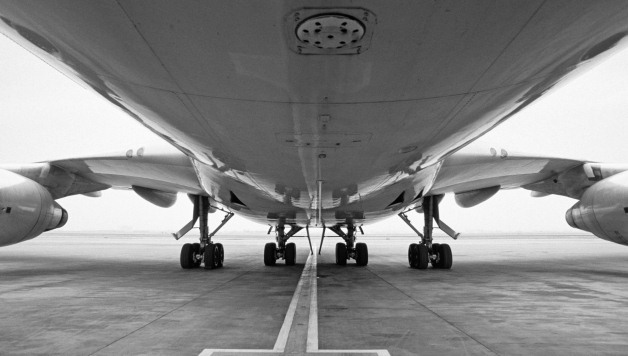The ACCC has issued a draft decision proposing to conditionally re-authorise the Australasian alliance between Virgin Australia and Air New Zealand for a further 3 years.
The arrangements between the carriers, including alliance and code share agreements, were initially authorised in December 2010 and allowed the carriers to coordinate their international air passenger transport operations and related services. In the 2 years since authorisation was granted, the ACCC believes that the coordination has already given rise to material public benefits, including enhanced services and new frequencies which has, in turn, promoted competition on the trans-Tasman routes. It also considers that, with additional time, further public benefits may be realised.
In the current draft decision, the ACCC considers at a broad level that the continued alliance should facilitate enhanced competition in the region by encouraging an increased competitive response from the Qantas/Jetstar/Emirates alliance.
The public benefits that the ACCC considers are likely to arise, include:
- further enhanced products and services, including loyalty program benefits, lounge access and increased frequencies;
- promotion of competition on trans-Tasman routes, particularly for business travellers; and
- minor benefits from cost savings and efficiencies, likely arising from joint procurement, location rationalisation, use of common resources and removal of double-marginalisation.
While the ACCC considers the carriers will continue to face sufficient competitive constraints on the major trans-Tasman routes (i.e. between Auckland and Wellington, respectively and each of Sydney and Melbourne, and between Christchurch and Sydney), as well as on minor routes, the ACCC has identified potential public detriment on certain routes.
In particular, the ACCC considers that on the following routes, the alliance will have an increased incentive and ability to unilaterally reduce capacity which could result in increased fares:
- between Christchurch and each of Melbourne and Brisbane;
- between Wellington and Brisbane;
- between Queenstown and Brisbane;
- between Auckland and the Gold Coast; and
- between Dunedin and each of Sydney, Melbourne and Brisbane.
To address the potential detriment, the ACCC is proposing to impose conditions on those routes which will require the airlines to maintain, at a minimum, an aggregated base level of capacity on the Christchurch and Dunedin routes above, and to maintain at least a base level of capacity on the remaining routes above, subject to a growth factor. It is also proposed that the airlines will provide key performance/capacity figures to the ACCC on a regular basis to enable the ACCC to assess the ongoing impact of the alliance and if any adverse effects on competition arise. The conditions mirror those imposed by the ACCC on certain of the Qantas/Emirates alliance’s trans-Tasman routes (as blogged about here).
The ACCC Commissioner, Jill Walker, stated that the ACCC considers “the alliance is likely to result in material public benefits by allowing the airlines to link Virgin Australia’s domestic Australian network and sales presence with Air New Zealand’s domestic New Zealand network and sales presence to contribute to the formation of a second integrated Australasian network”.
While the airlines requested a 5 year term, the ACCC is proposing a 3 year term on the basis of the dynamic nature of the airline industry.
The draft decision is subject to public consultation and interested parties are entitled to make submissions to the ACCC until 24 July 2013. A final decision is expected to be issued by the ACCC in September 2013.








